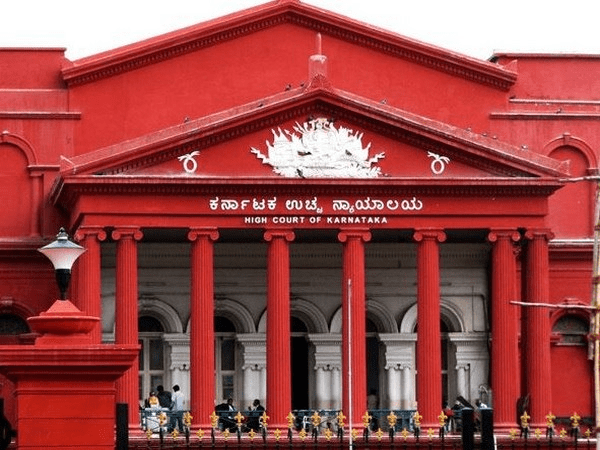The Karnataka High Court has noted that once licence has been accorded for vending of the liquors, some substantive rights accrued to the licencee to carry on the business and that cannot be turtled merely because some organizations and section of the public agitate for shifting.
The Division Bench of Chief Justice Prasanna B Varale and Justice Krishna S Dixit dismissed a Public Interest Litigation (PIL) assailing the Appellate order dated 11.11.2021, whereby the original order dated 17.08.2021 the 3rd respondent (Deputy Commissioner Of Excise, Chickmagalur District) had directed shifting of the wine shop to some other place within 60 days.
Onkara K B , counsel for the petitioner argued that the 3rd respondent vide order dated 17.08.2021 had rightly directed shifting of the wine shop after considering all relevant factors in general and the social disturbance that was being intermittently generated by the customers of the said wine shop.
He also draws attention of the Court to the provisions of extant Rules contending that the same have been violated by the Appellate Authority.
AGA opposes the petition contending that the Appellate Authority after advertising to the provisions of law and after hearing the appellant in the subject appeal has made the impugned order reversing that of the 3rd respondent;
the person who has suffered the order in appeal may have the locus standi to lay a challenge and petitioner Society lacks the locus and locum.
Even otherwise, the impugned order does not suffer from any infirmity, according to learned AGA. So contending she seeks dismissal of the petition.
Having heard the counsel for the parties and having perused the petition papers, the Bench declined indulgence in the matter broadly agreeing with the submission of the AGA.
It is the 4th respondent who had preferred the subject appeal and that the petitioner herein was the 2nd respondent therein. Therefore, the right course for the petitioner arguably could be to lay a challenge to the impugned order in appropriate proceedings and that its invocation of PIL jurisdiction is misconceived.
Admittedly, the Appellate Authority having considered all contentions of the parties has made the impugned order and thereby set aside the shifting order made by the 3rd respondent.
Despite vehement submissions, counsel for the petitioner could not convince the High Court that the impugned order has been made in breach of law more particularly the provisions of Rule 5 of the Karnataka Excise (General Condition of Licences) Rules, 1967.
No statistics of population & demography have been produced to support the case for shifting of the subject wine shop. Mere assertion that the area is predominantly inhabited by the members of downtrodden communities would not come to the aid of the petitioner.
The second submission of the counsel for the petitioner that in and around the wine shop there are educational institutions & hospitals and therefore, the Appellate Authority is not justified in rescinding the shifting order, is bit difficult to countenance.
The Appellate Authority has specifically recorded these factual findings as to the distance at which the educational institutions & the hospitals are situated from the wine shop.
“True it is that the right to trade in liquors is not a matter of fundamental right constitutionally guaranteed under Article 19(1)G.
That being said, the right to trade is regulated by the provisions of the Karnataka Excise Act, 1965 and the Rules promulgated thereunder.
Once licence has been accorded for vending of the liquors, some substantive rights accrued to the licencee to carry on the business and that cannot be turtled merely because some organizations and section of the public agitate for shifting.
An argument to the contrary would put the rights of traders to the vagaries of public.”
The Bench stated that the Court exercising a limited supervisory jurisdiction constitutionally vested under Articles 226 and 227, cannot undertake a deeper examination of the matter as if it is treating a statutory appeal.
The focal point of judicial review is not the decision but the decision making process and unless that is shown to have been infected legal infirmities, one cannot justifiably invoke the constitutional jurisdiction, even if there are arguable errors in the impugned order referring the case of SADHANA LODH vs. NATIONAL INSURANCE COMPANY LIMITED, (2003) 3 SCC 524.


